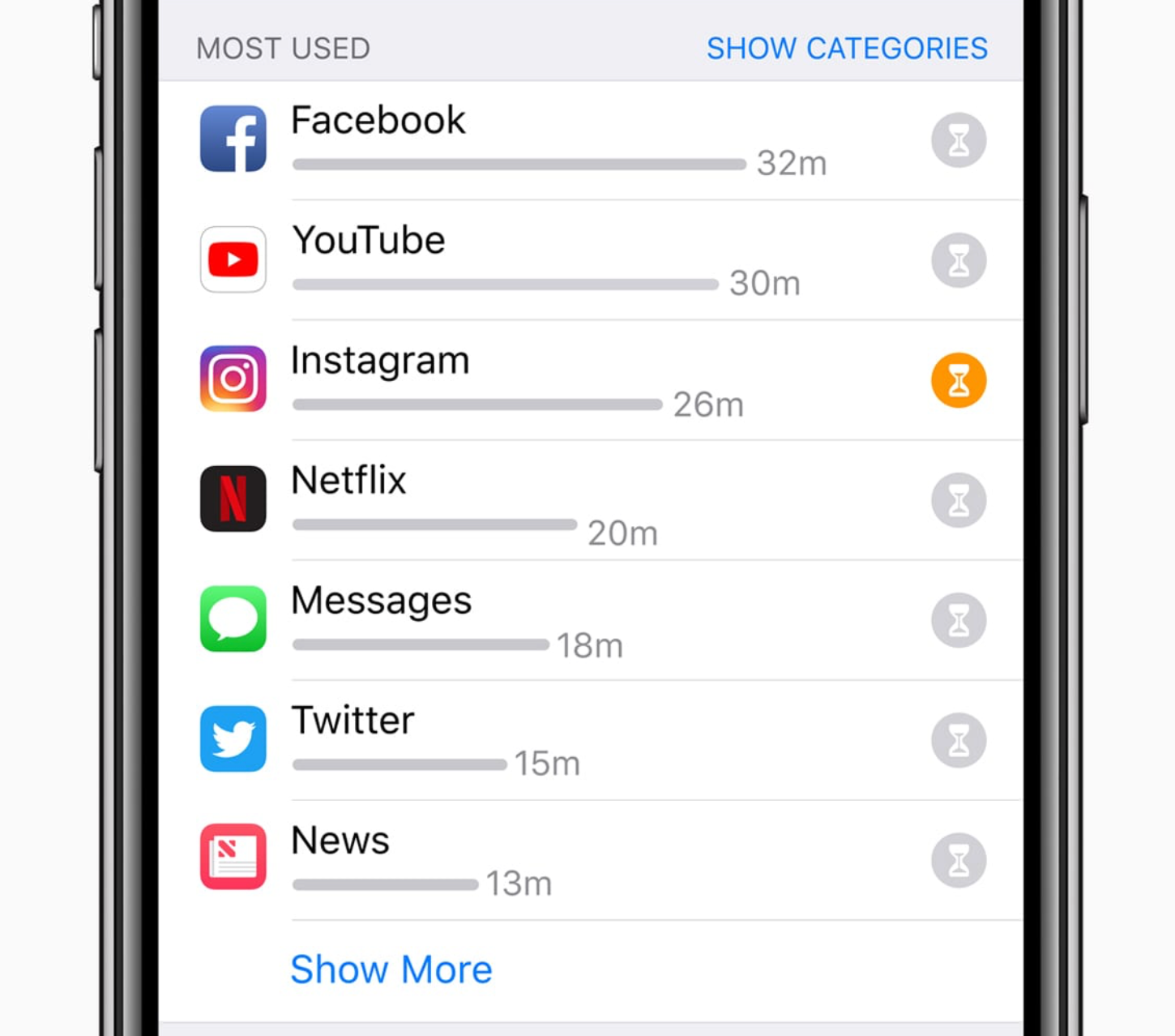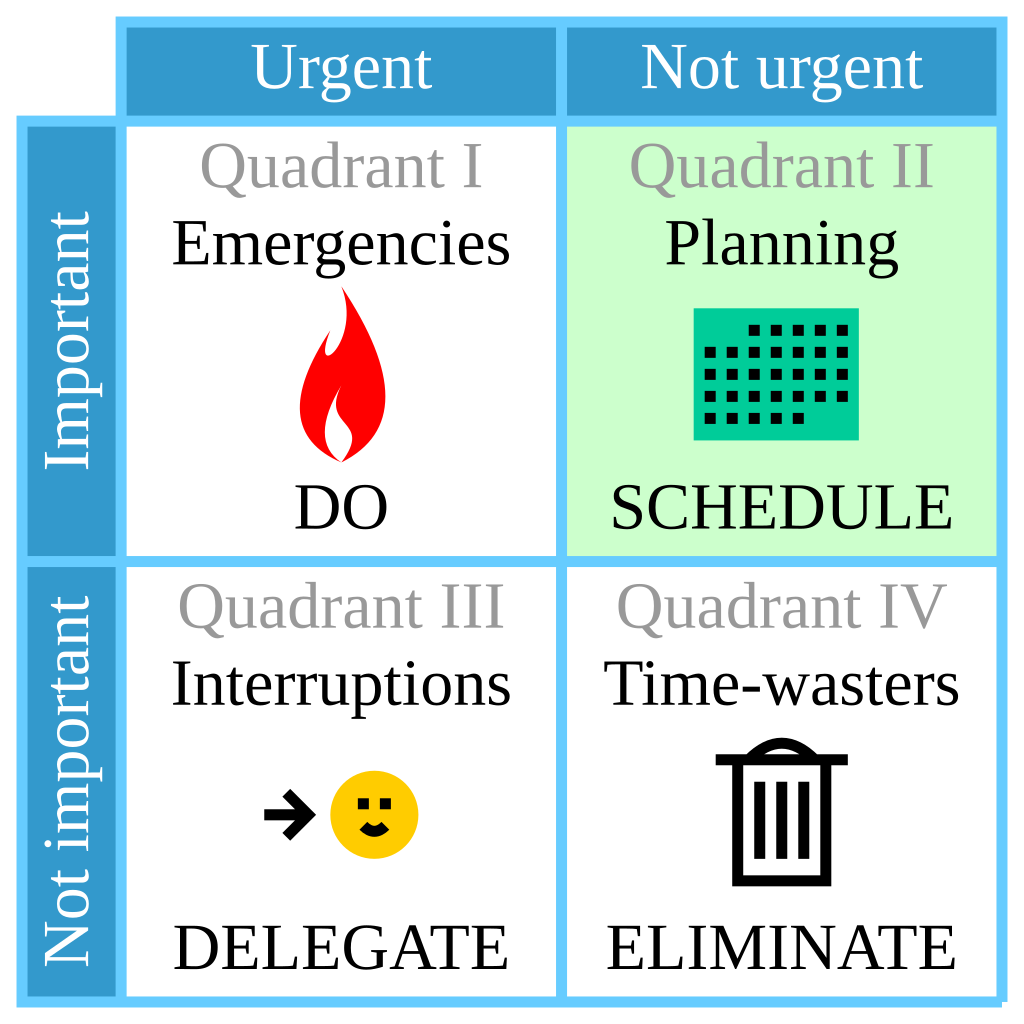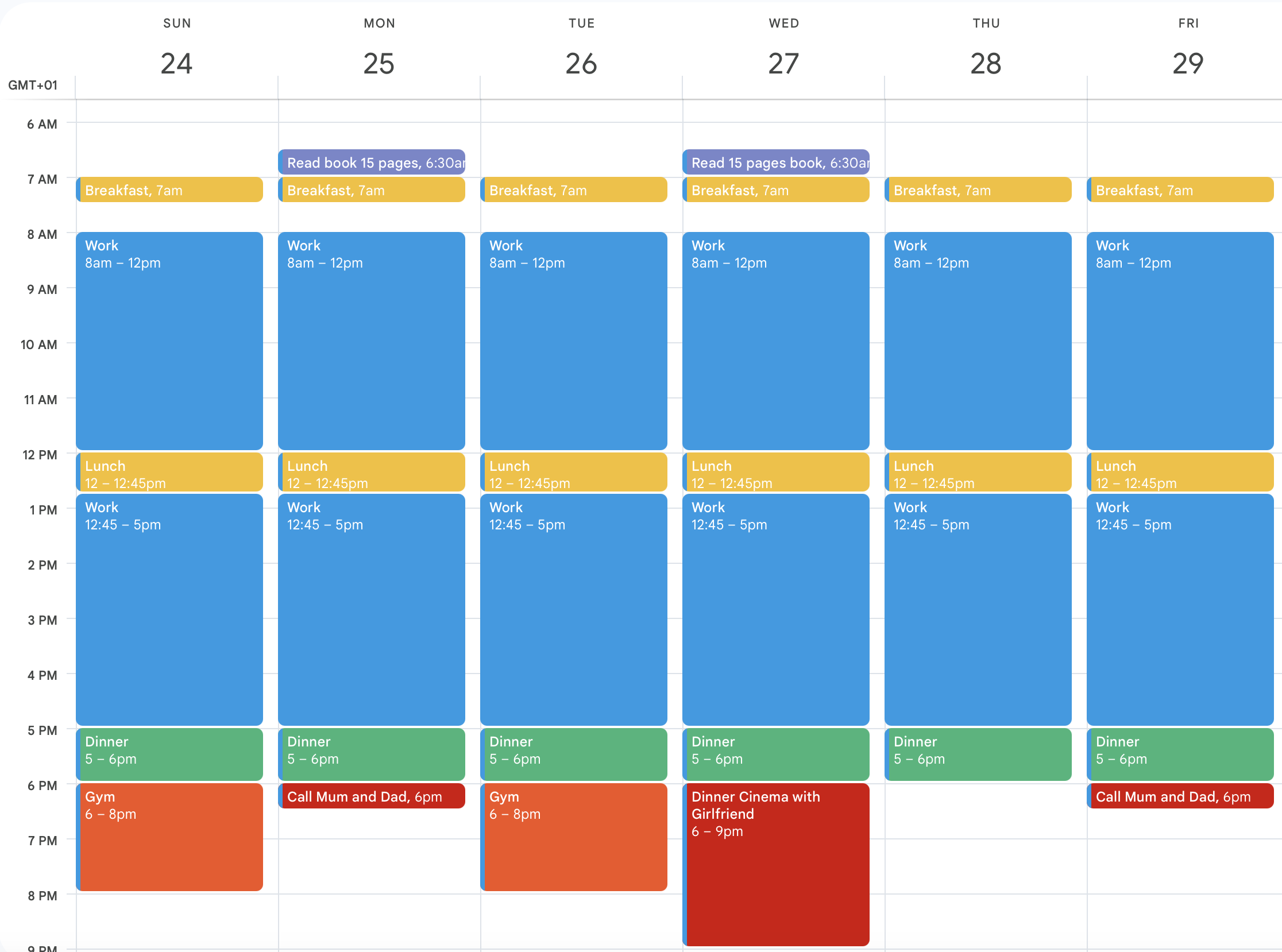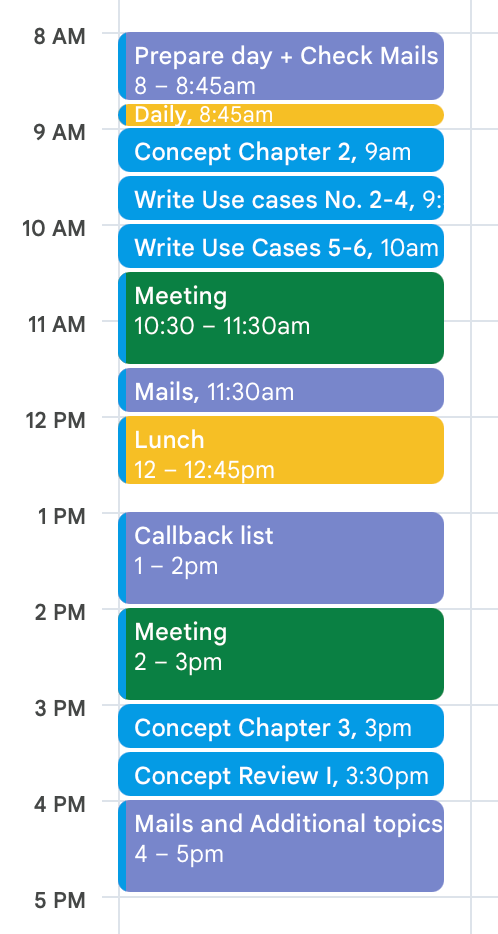Lack of Time - Get Back Control over your life
I sat down with a client and he said: "I'm motivated, I know what I want, I have a goal. My biggest problem is time." Usually, I would ask for the phone and show them their time consumption of social media. The time spent can be used for other things.

Things are more complicated. Life hit him like all of us: He had to manage his job, a side hustle, his life struggling brother, his parents, etc. Too much and how? It is about judging the priorities and then managing the time.
Let's dive into time management 101 without forgetting about ourselves.
Master saying "No" - or use the Eisenhower Matrix
The best task is the one you don't have. Read that again. The most effective people manage to say "No" to tasks, activities, or requests. A "No" means always a "Yes" to yourself. Effective people say 95% no and only 5% yes.
They learned what is important to them and what provides a benefit to their goals. The best way to learn the 'No' is the Eisenhower Matrix. It has two dimensions: Importance and Urgency. It provides four options:
- Important and Urgent things - Demand instant reaction.
- Important and not Urgent - Plan it (here happens the magic).
- Not Important and Urgent - Delegate (Say "No").
- Not Important and Not Urgent - Eliminate (Time wasters - Say "No").

The trick is to minimize or even eliminate Categories 3+4. Here you can't win anything and it destroys your productivity. You often have some interruptions like emails, calls, meetings, or time wasters (kitchen talks). Even as a career starter you can delegate those. Say "No" in a nice way:
- Redirect: "Mike is the expert on this topic."
- Workload: "I'm sorry, I have the task xy to be finished."
- Quality: "I can't ensure the quality needed for this topic."
- Priorities: "Which of the current topics should I reprioritise?"
- Time: "I can take a look tomorrow. Does that work out for you?"
Category 1 things are crises and demand instant reaction. Examples are: somebody is sick, an incident at a customer, or deadline-driven activities. But be honest: how many crises do we really have? CRISES - We tend to see everything as if it needs our attention.
It is the same with my client: His brother quit university, is lazy, and doesn't care for his future. My client felt a responsibility to save him. But from what? You can't help a person who doesn't want help or doesn't want a change. It is a complete waste of time, but it consumes 95% of his time. It is like a firefighter driving all the time in the truck to the fire but there is no fire.
Always be nice, offer support, listen empathetic but don't try to change people. It's impossible. It's the same at work: Is every email and deadline that important? From my experience: NO. Even emails from board members are not always that urgent.
People confuse fear with urgency.
The magic happens in Category 2 because here you can plan. It is about your visions, goals, and things within your control.
A short wrap-up: We mastered judging correctly about Category 1 and the "No" - Categories 3+4. Now, let's plan Category 2 and unleash the power of Category 2.
Plan a week - Be aware of your roles
Life is complicated. We have different roles and that means we are not only an employee. We are a friend, a coworker, children, parent etc. All these roles are demanding. Write them all down and right next to it the goals for the current week. Then we distribute this across the weekdays:
- Partner: Cinema with girlfriend
- Children: Call mum and dad
- Personal Development: Read 30 pages + Ted Video
- Health: Exercising
- Employee: Write concept; Prepare presentation
I have created a simplified calendar below. It does not incorporate commuting time or the fact that some tasks can be paralleled like watching a TED during breakfast. This calendar leaves out the weekend.

What happens on work? There are some tricks on how to keep you away from busy business. Let's see.
The Daily Calendar 101 tricks
Block your calendar like I did above even at work. People will not invite you to meetings as you are busy. Even if you get an invitation take a look at whether they have an agenda. I don't attend meetings without an agenda. When I get a mail or call that I was missed I say:
"Yes, as there was no agenda my contribution wasn't clear. It seems you need my input. Happy to attend the next time."
Nobody ever complained - they got the point. That is the big-picture approach. Now, let's take a look at the nitty-gritty daily details.
Time Blocking & Pomodoro Technique
When you plan the day and tasks block slots of 30 minutes for parts of the work, for e. g. a chapter when writing a concept. Elon Musk is known for using the time boxing technique.
Once started, set a timer for 25 min. This is called the Pomodoro Technique. Do the deep work - this means no emails or calls. Make a 5-minutes break and continue with the next box.
Do this for max three chunks or 90 minutes and open your calendar for e. g. checking mails or calls. Daily dynamics sometimes ask for shorter than 90 minutes. This is OK. The point is to have 30 minutes blocked for deep work.

Wrap Up
First things first: Get the priorities right. This sets the scene for planning on a weekly and daily basis. On a daily basis there are many time techniques. There is no one-size-fits-all. As seen above I combined the time boxing with the Pomodoro Technique. There are much more time techniques than those listed here. Try out different things and find what works out for you.
Keep in mind:
PS: Last week there was no newsletter. There was a fire that needed my attention. Not everything can be planned. That's OK. That's called life.
Sources:
[1] https://en.wikipedia.org/wiki/Time_management#The_Eisenhower_Method
[2] The 7 Habits of Highly Effective People, Steven R. Covey
[3] The Effective Executive, Peter Drucker
[4] https://www.usa.edu/blog/time-management-techniques/
[5] 7 Strategies for Wealth & Happiness, Jim Rohn

